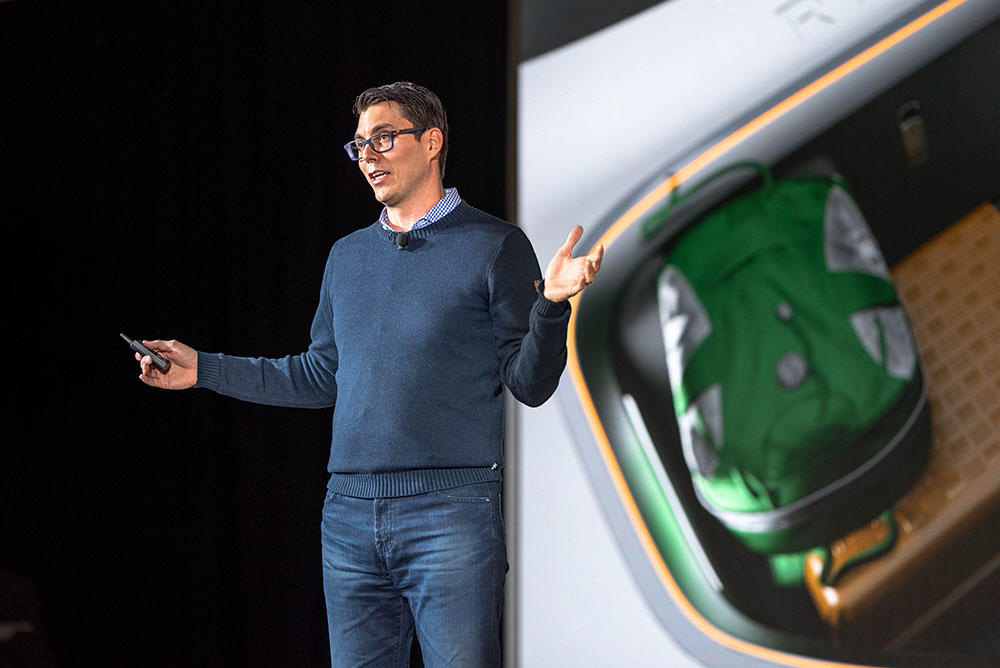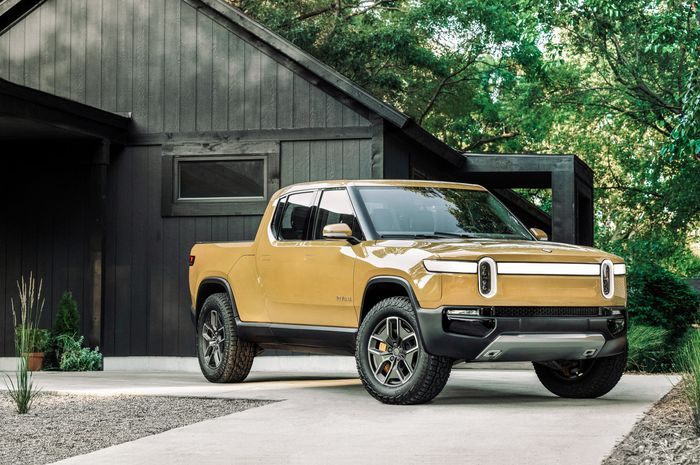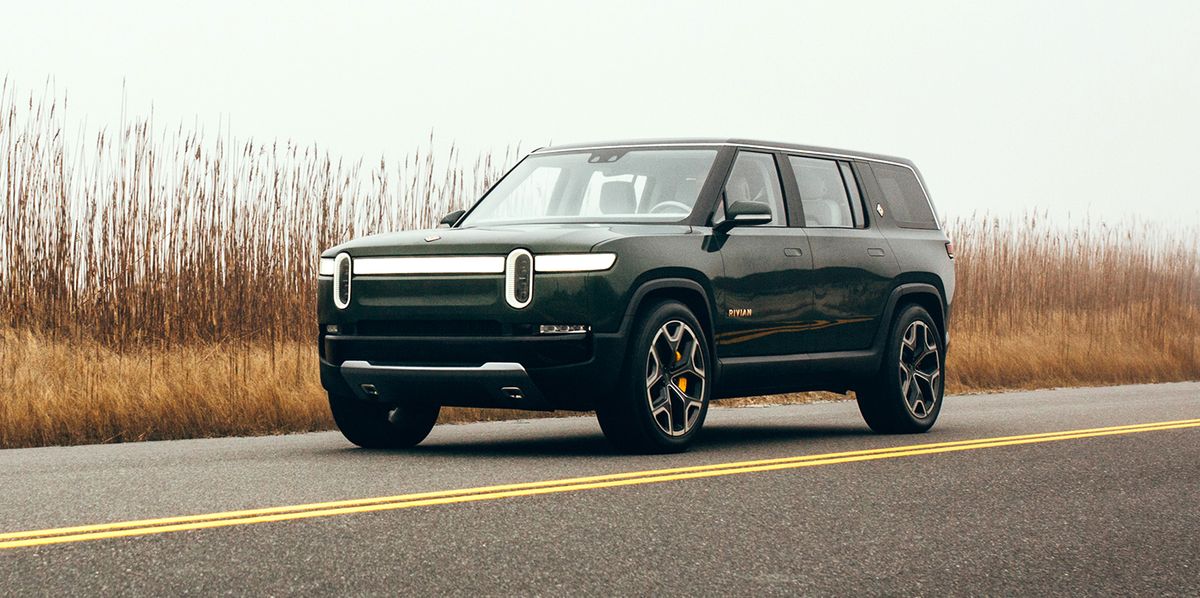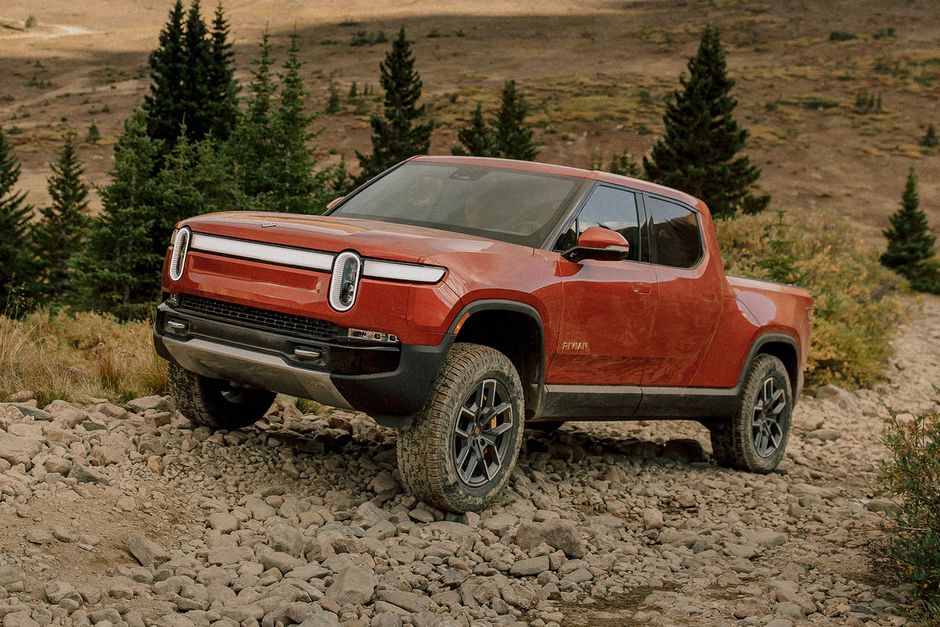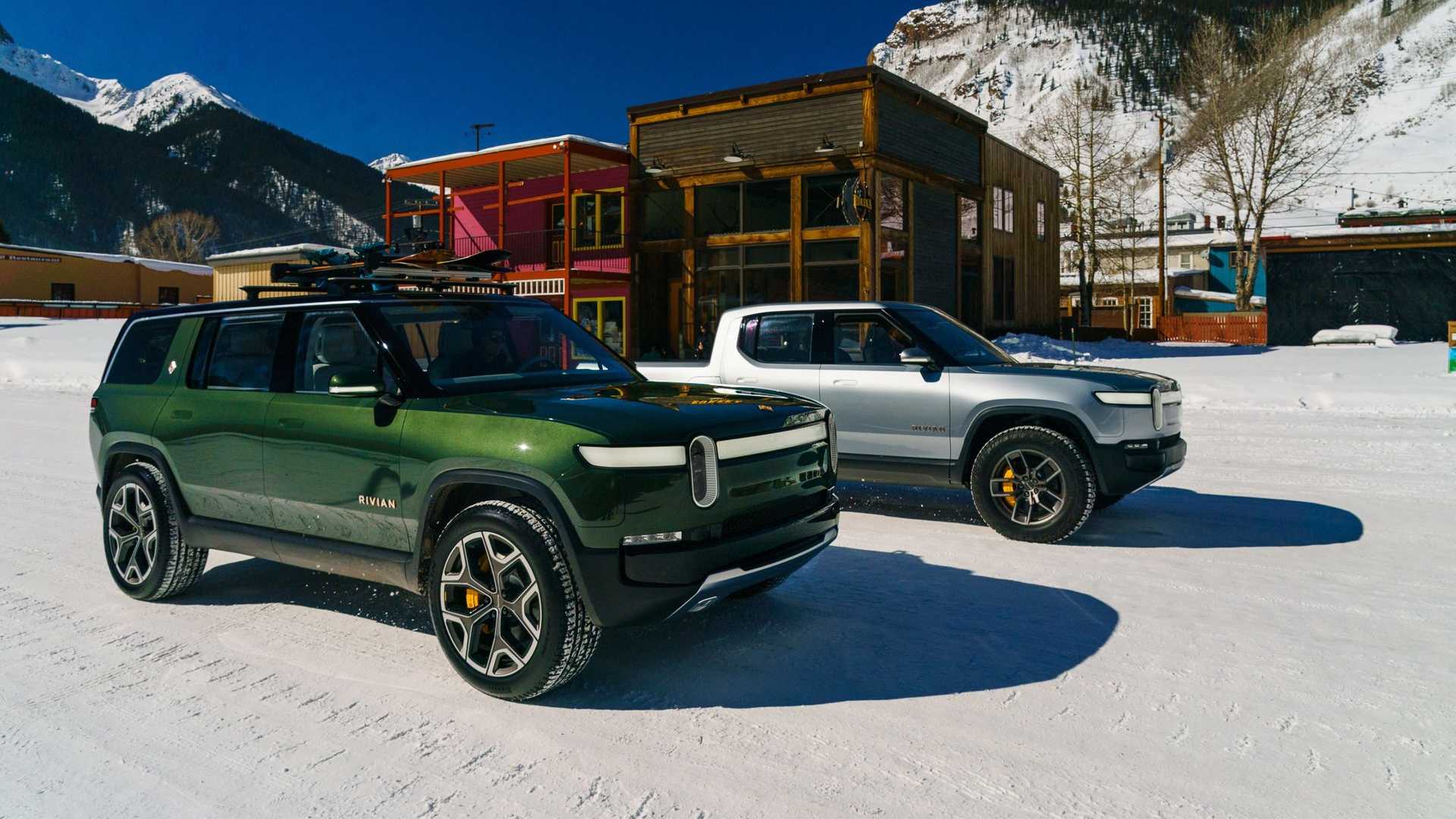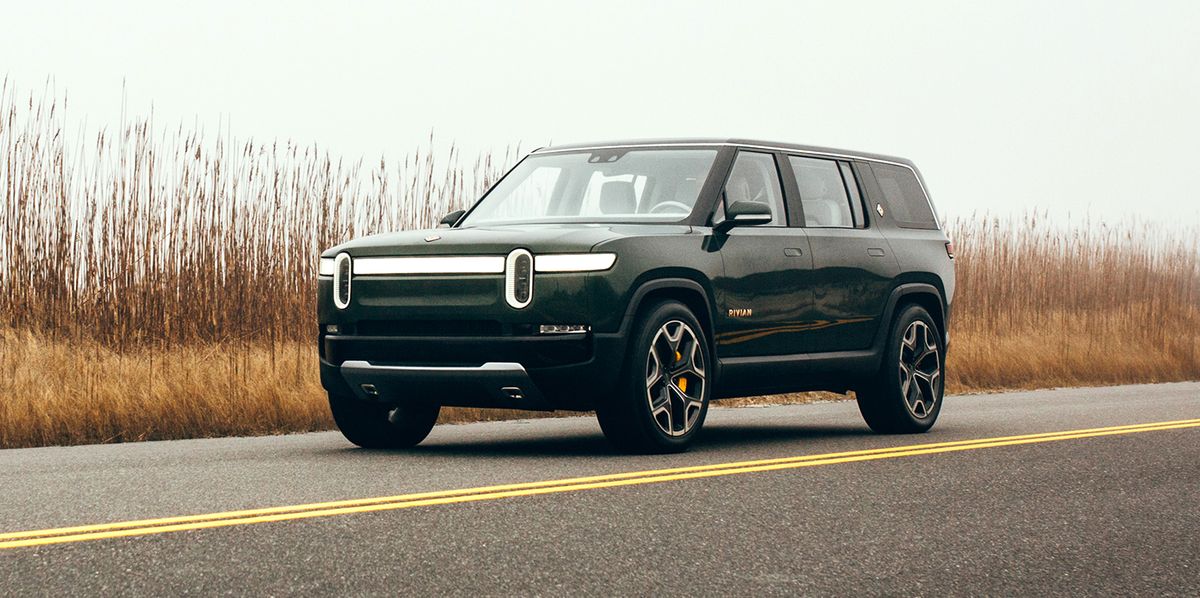Rivian CEO RJ Scaringe has reaffirmed the company’s commitment to its direct-to-consumer model, despite challenges posed by state laws that heavily favor traditional dealership networks. Speaking to reporters, Scaringe criticized the regulatory environment, calling it a “horrific state-by-state level of rules” influenced by powerful dealer lobbies that he characterized as “corruption.”
These laws, originally designed to protect dealers from competition by their own manufacturers, now serve as significant barriers for automakers like Rivian and Tesla that operate without traditional dealership networks.
In states such as Texas, Tesla is prohibited from selling vehicles directly in company-owned stores and must rely on online sales with delivery via service centers. Rivian faces similar hurdles, with limitations on discussing pricing or taking orders in locations like Washington.
These restrictions create a fragmented marketplace where direct-to-consumer brands are often blocked from competing effectively, even in regions where they lack dealer counterparts. Scaringe noted that these laws ultimately restrict consumer choice, allowing traditional dealers to maintain their market dominance through legislative protections.
Expanding Rivian’s service infrastructure is another key challenge. While partnerships with established players like Volkswagen might seem an attractive solution, Scaringe acknowledged that utilizing VW’s service network in the U.S. is likely infeasible due to legal complexities.
Rivian’s direct model becomes even more complicated if mixed with franchise operations, as state laws are designed to prevent manufacturers from undercutting independent dealerships. Despite this, Scaringe emphasized the importance of scaling service options, noting that Tesla’s success demonstrates how a smaller retail footprint can support significant sales volumes, provided the service network is robust.
To address service needs, Rivian relies on its vehicles’ advanced diagnostic capabilities and its mobile service arm, which currently handles over half of service visits. However, Scaringe recognized that further investment in service infrastructure is crucial to support the company’s growth.
While Rivian’s direct approach offers greater control over customer experience, navigating the entrenched legal and logistical barriers in the U.S. remains a formidable task for the EV startup.
Source: Insideevs

